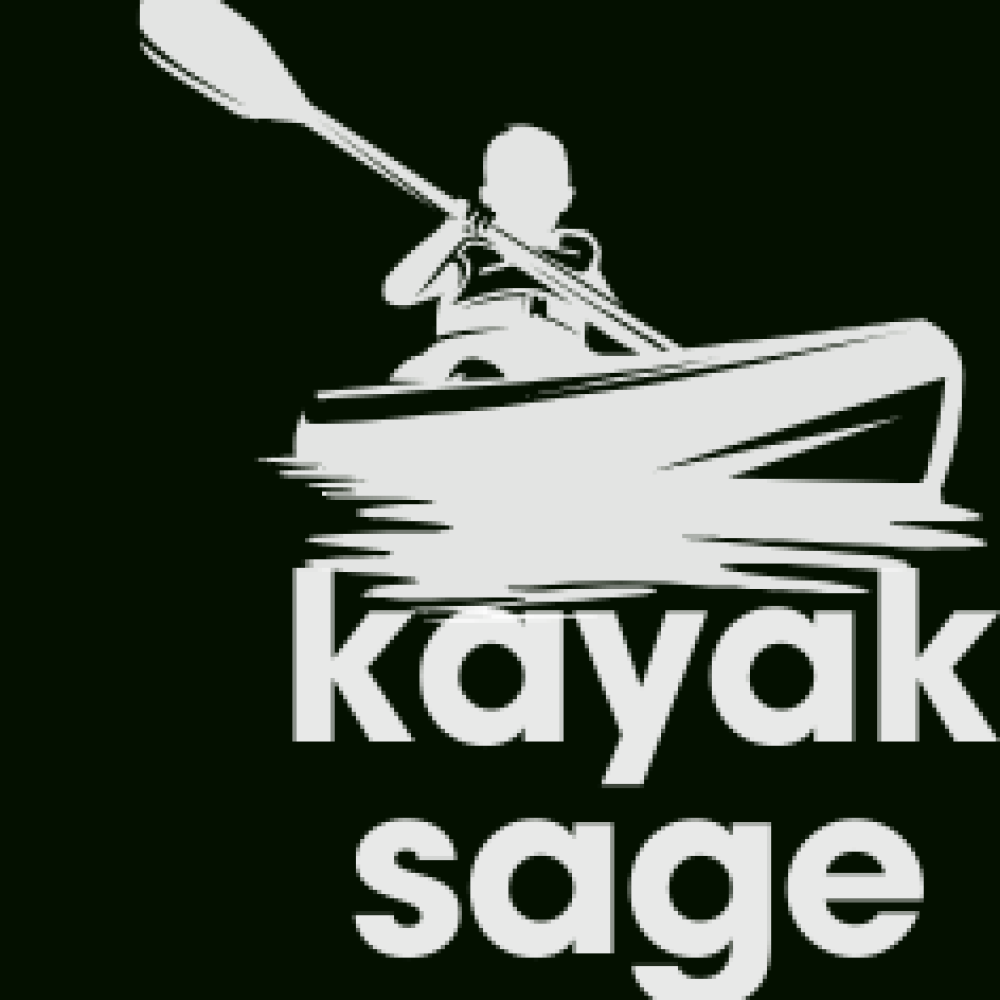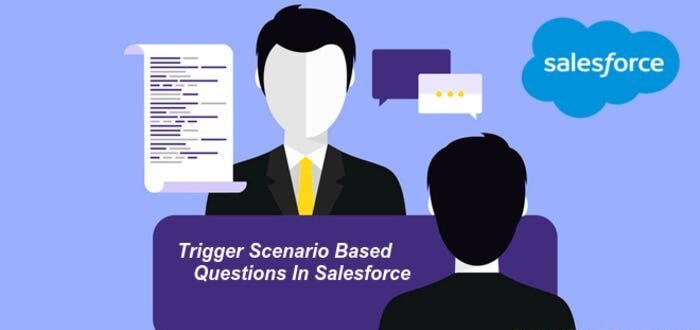Introduction
Ever been in a situation where you had to make a split second decision or solve a problem on the fly? That’s life for you—throwing curveballs when you least expect them. But here’s the thing: being prepared doesn’t just happen. It’s built through practice, reflection and asking the right questions.
Enter trigger scenario based questions—a method that can sharpen your critical thinking, help you navigate tricky situations and even train others to do the same. These aren’t your everyday questions; they’re the kind that make you think outside the box, tackle the tough stuff and build confidence in decision making.
Whether you’re leading a team, preparing for an interview or just want to strengthen your problem solving muscles, trigger scenario based questions are the secret weapon you didn’t know you needed. Let’s get started (not literally, of course) and explore how they work, why they’re so effective and how you can use them in your personal and professional life.
What Are Trigger Scenario Based Questions?
Trigger scenario based questions are designed to put you in a hypothetical situation that requires critical thinking, empathy and decision making. They often mimic real life challenges and ask you to analyse the scenario, anticipate the consequences and respond accordingly.
They’re used in industries like business, education, healthcare and even military training because they simulate high pressure environments where quick thinking and good judgement are key. Think of it as a mental workout that builds your ability to handle the unexpected.
Why It Matter
They Build Problem Solving Skills
Life doesn’t come with a manual but scenario based questions prepare you for its unpredictability. They teach you to analyse situations, identify potential obstacles and think critically to find solutions.
They Improve Decision Making
Imagine being in a leadership role and having to make a decision that affects your entire team. Trigger questions replicate these moments and help you practice weighing up pros and cons under pressure.
They Build Empathy and Communication
Some scenarios ask you to consider other perspectives—like handling a conflict between two colleagues or responding to a customer complaint. They make you think, “How would I feel in their shoes?”
They’re Fun and Interactive
Let’s be honest: standard Q&A sessions can be as dull as watching paint dry. Trigger scenarios bring energy and engagement to training sessions, interviews or classroom discussions.
Trigger Scenario Based Questions in Real Life
Here are some examples where and how they work:
- In Job Interviews: Employers love scenario based questions because they show how you think on your feet. Questions like, “How would you handle a missed deadline with a key client?” give insight into your problem solving style.
- In Leadership Training: Managers are often thrown into situations where they have to make quick decisions. Scenario based training helps them practice handling conflicts, motivating teams or navigating crises.
- In Education: Teachers use these questions to engage students, encouraging them to think critically about complex topics, like environmental challenges or historical conflicts.
- In Emergency Response: Whether it’s a firefighter or a healthcare worker, scenario questions simulate life-or-death situations to prepare them for real-world challenges.
Crafting Great Trigger Scenario Based Questions
Creating impactful scenario questions is part art, part science. The best ones are realistic, specific, and open-ended. They should challenge the respondent to think critically but not leave them completely stumped.
Key Elements of a Great Scenario Question
- Relevance: The scenario should align with the skills or context you’re testing.
- Clarity: The question must be easy to understand without unnecessary complexity.
- Engagement: Make it interesting enough to spark thoughtful responses.
- Realism: Use plausible situations to keep the exercise grounded and relatable.
10 Best Trigger Scenario Based Questions
Here are some of the best trigger scenario based questions you can use to challenge yourself or others:
- You’re leading a team on a tight project deadline, and a key team member falls sick. How do you reassign tasks without compromising quality or morale?
This question tests your resource management and leadership skills. - A client is unhappy with the product they received, claiming it doesn’t meet their expectations. What steps would you take to resolve the issue?
This one evaluates your problem-solving and customer service approach. - You witness a colleague taking credit for work you contributed significantly to. How do you address the situation?
This scenario gauges your conflict resolution and communication skills. - Your department has been asked to reduce expenses by 20%. How would you identify cost-saving opportunities without sacrificing performance?
This question focuses on strategic thinking and decision-making under constraints. - You notice that a new employee is struggling to adapt to their role. What steps would you take to support them?
This examines your empathy, mentorship, and team-building abilities. - Imagine your company is facing a public relations crisis. What immediate actions would you take to control the damage?
This scenario tests your ability to handle pressure and safeguard the company’s reputation. - During a brainstorming session, you notice certain team members dominating the conversation while others remain silent. How would you ensure equal participation?
This one highlights your facilitation and inclusivity skills. - You’re managing an event, and a key vendor backs out at the last minute. How would you handle the situation?
This question evaluates your adaptability and quick thinking. - Your manager assigns you a task that conflicts with your ethical values. How do you approach the situation?
This tests your moral reasoning and ability to navigate sensitive topics. - You’re in charge of implementing a new software system at work, but the majority of your team resists the change. How do you address their concerns and ensure successful adoption?
This scenario explores your change management and persuasion skills.
How to Respond to Trigger Scenario Based Question
While there’s no one-size-fits-all answer, there are strategies you can use to shine when faced with these questions:
- Stay Calm and Collected
Take a moment to gather your thoughts before answering. It’s not about speed; it’s about delivering a well-considered response. - Use a Structured Approach
The STAR method (Situation, Task, Action, Result) is a reliable way to organize your answer. Start by describing the scenario, explain your role, outline the actions you took, and conclude with the outcome. - Be Honest and Authentic
Don’t try to give the “perfect” answer. Instead, focus on a realistic response that aligns with your values and experiences. - Show Your Thought Process
Employers or trainers often care more about how you think than the actual solution. Walk them through your reasoning step by step.
Using Trigger Scenario Based Question in Training
If you’re a trainer or leader, trigger scenario based questions can be a powerful tool in your toolkit. Use them to:
- Simulate Real-Life Challenges: Help your team prepare for the unexpected by practicing scenarios they might encounter.
- Identify Skill Gaps: Use responses to pinpoint areas where further training is needed.
- Foster Collaboration: Encourage group discussions to generate diverse perspectives and solutions.
A Real-Life Anecdote: How Scenario Questions Saved the Day
I once worked with a team preparing for a high-stakes presentation to a major client. To get everyone ready, I crafted a few scenario questions to simulate potential challenges—what if the client asked for last-minute changes, or what if the technology failed during the pitch?
When the big day came, guess what? One of those very scenarios actually happened: the presentation software crashed mid-meeting. Thanks to the preparation, the team handled it like pros, switching seamlessly to a backup plan. The client was impressed, and the deal was sealed.
Conclusion
Trigger scenario based questions are more than just mental exercises; they’re a window into how you think, act, and adapt. Whether you’re using them to train a team, ace a job interview, or sharpen your own skills, these questions prepare you for life’s “what ifs.”
So the next time you’re faced with a curveball, think back to the lessons these scenarios have taught you. With practice, you’ll learn to see challenges not as roadblocks but as opportunities to shine. After all, life may not come with an instruction manual, but with the right questions, you’ll always find a way forward.



